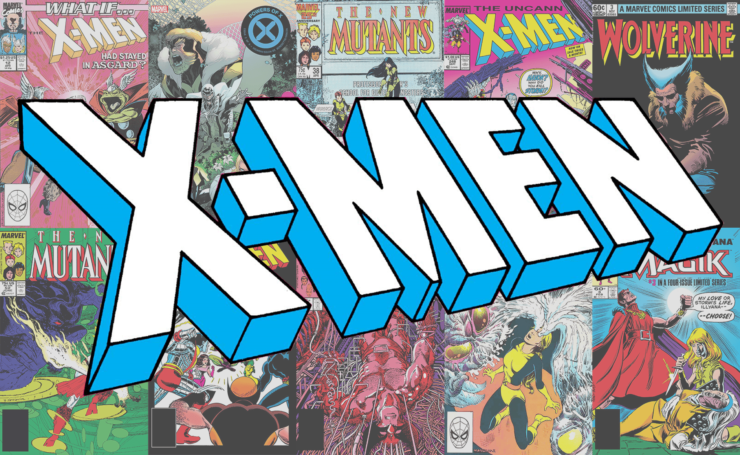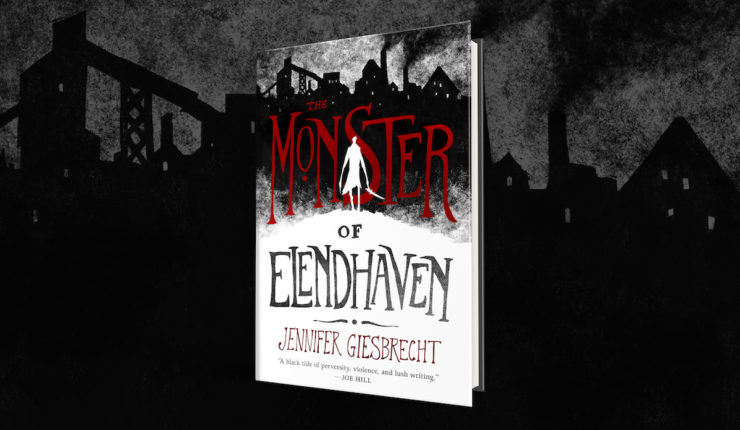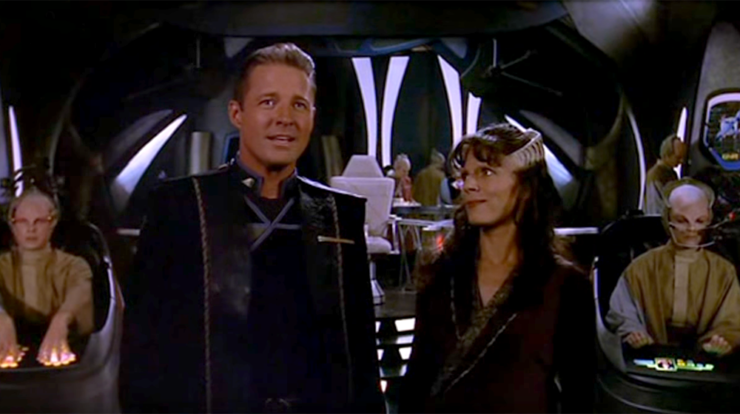The Future of Days Past: 10 Things Disney Could Learn From Claremont’s Run on X-Men
Comment number:
14
Advertisement
Showing 6 results




“You want stories?" Thom Merrilin declaimed. "I have stories, and I will give them to you. I will make them come alive before your eyes.”
Robert Jordan, The Eye Of The World
For compliance with applicable privacy laws:



